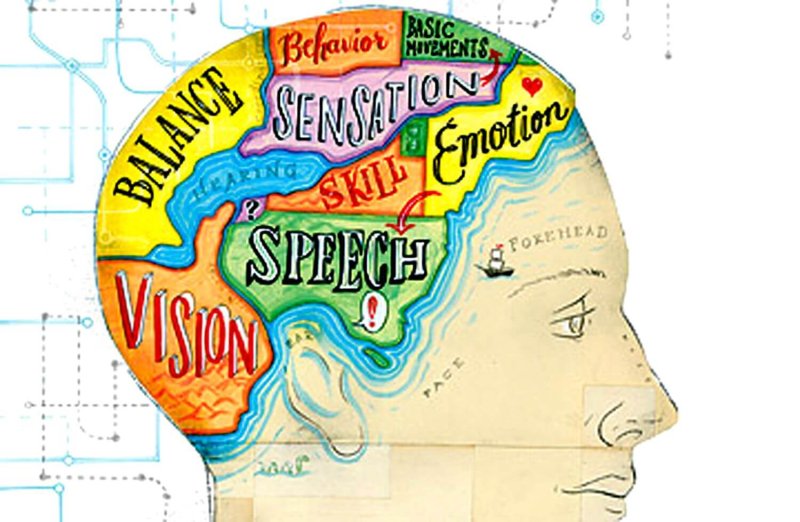Not only do researchers often depict the brain and its functions much as mapmakers might draw nations on continents, but they do so “the way old-fashioned mapmakers” did, according to Lisa Feldman Barrett, a psychologist at Northeastern University. “They parse the brain in terms of what they’re interested in psychologically or mentally or behaviorally,” and then they assign the functions to different networks of neurons “as if they’re Lego blocks, as if there are firm boundaries there.”
But a brain map with neat borders is not just oversimplified — it’s misleading. “Scientists for over 100 years have searched fruitlessly for brain boundaries between thinking, feeling, deciding, remembering, moving and other everyday experiences,” Barrett said. A host of recent neurological studies further confirm that these mental categories “are poor guides for understanding how brains are structured or how they work.”
That is why Barrett, [neuroscientist Paul] Cisek and other scientists argue that for us to truly understand how the brain works, concepts at the field’s core may need to be revised, perhaps radically. As they grapple with that challenge, they are uncovering new ways to frame their questions about the brain, and new answers.































